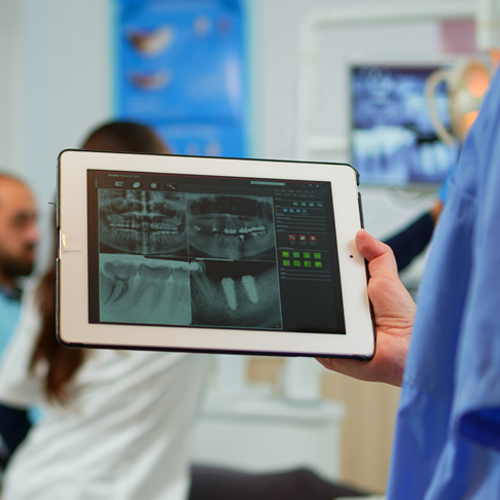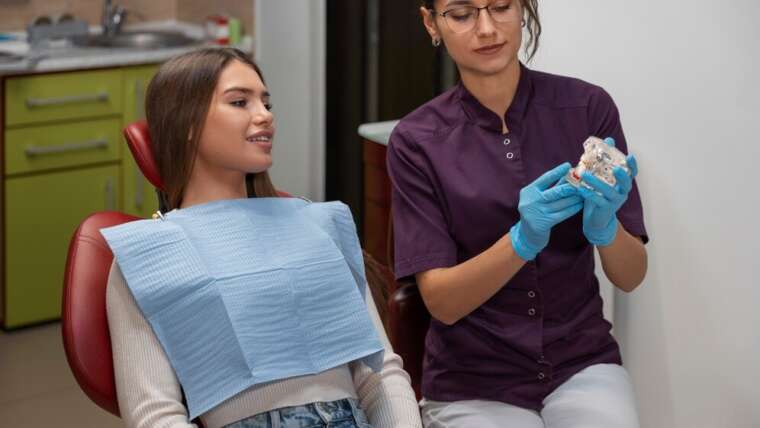Over the years, cardiology medicines have shown amazing progress that has transformed the management of cardiac diseases, and raised patient outcomes all around. From innovative technology to less invasive surgeries, these developments are transforming cardiovascular treatment. Since heart disease is still one of the primary causes of death, the creation of new technologies and approaches becomes crucial in providing more efficient and customized remedies for individual patients.
The development of less invasive techniques is among the most important changes in cardiac therapies. Reduced necessity for open-heart operations, resulting from these procedures—transcatheter aortic valve replacement (TAVR) and percutaneous coronary intervention (PCI)—has shortened recovery periods, and decreased physical strain on patients. Using catheters and tiny incisions helps surgeons treat difficult diseases with less danger and more accuracy.
Artificial intelligence (AI) and machine learning are yet another invention revolutionizing cardiology. By use of extensive medical data analysis, these technologies enable early and more precisely diagnosis of cardiac diseases. By seeing trends in imaging, and test findings that could go missed, AI-powered technologies enable cardiologists to suggest therapies catered to personal requirements. This individualized strategy lowers the possibility of issues as well as enhances results.
Cardiology therapies have also been much affected by the evolution of remote monitoring systems and wearable technologies. Patients can keep an eye on their heart health in real time with trackers, and patches that have ECG monitors built in. This technology lets doctors do what they need to do by constantly checking vital signs and moving quickly if something seems off. These changes give people more power over their health and peace of mind for people who have long-term illnesses like rhythms.
Pharmaceutics have advanced cardiac treatments by providing more efficient drugs, with less negative effects. For the management of heart disease, for instance, new-generation blood thinners, and cholesterol-lowering medications ,inhibitors provide focused remedies. For high-risk individuals, these drugs along with lifestyle modifications have drastically lowered the risk of heart attacks, and strokes.
Another area advancing cardiology is regenerative medicine. Investigated as possible therapies for injured cardiac tissue include stem cell therapy, and tissue engineering. These techniques show promise for individuals with heart failure or those recuperating from major cardiac events even as they are still in experimental phases. With their goal of restoring the heart’s functioning, regenerative approaches provide promise for better quality of life, going forward.
A game-changer in the area is also robotic-assisted surgery. Robotic devices let surgeons do difficult operations with more flexibility, accuracy, and stability. This device not only raises surgical success rates, but also reduces stress to nearby tissues, therefore accelerating patient outcomes, and recovery periods.
For patients in rural locations especially, the use of telemedicine into cardiac procedures has increased access to therapy. Remote diagnostics, and virtual consultations let cardiologists assess and treat heart diseases without having patients travel. Particularly for persons with mobility issues, and during crises, this strategy has shown great value.
The future of cardiac therapies seems better than it has ever been as technology develops. With less intrusive treatments, improved diagnostics, and better patient monitoring, these developments are enabling more effective addressing of cardiac diseases. Maintaining knowledge of the most recent developments, in cardiology is crucial for everyone, looking for modern treatment for their cardiac condition.
See our website https://medhelpindia.com now to explore the finest cardiology therapies and find creative ideas for heart health. Let the developments in cardiovascular treatment enable you or a loved one to have improved health and a better future.



